
Non Destructive Testing Course in Hyderabad
VIDAL INTERNATIONAL’s Non-Destructive Testing (NDT) course in Hyderabad is designed to equip you with the necessary skills and practical knowledge so that you can excel in the NDT field. Our course offers a comprehensive curriculum that covers the latest and practical NDT techniques with real-time examples from the industry by experts.
At VIDAL INTERNATIONAL, we understand the importance of staying up-to-date with the latest advancements in NDT. Our program reflects that, ensuring that our students are industry-ready upon completion. Our expert trainers have years of experience in the NDT industry and bring their knowledge and expertise to the classroom. They use their real-world experience to help students understand complex concepts and apply them in practical scenarios.
This Non destructive testing course in Hyderabad includes hands-on training with practical experience in NDT. Practical approach will help students to understand how NDT works in the real world and preparing them for real-world situations. We offer industrial visits and in-house practical training, which provide students with exposure to the NDT industry and help them apply their knowledge to real-world scenarios.
Book a Demo Class
Take the first step towards a brighter future
Our NDT Course Highlights
100% Placement Guaranteed
Theoretical + Practical Training
Guaranteed Internship
Guaranteed Industrial Visits
Real-Time Projects
Training from Industry Experts
Industry Specific Scenarios
World Wide Valid Certifications
EMI Option
Online & offline sessions
Tailored Course Curriculum
Flexible Timing
Micro level test & Assessments
Interview Preparation
Life Time Career Guidance
NDT Course in Hyderabad:
Dynamic
Innovative
Comprehensive
Cutting-Edge
Invest in Your Future:
Enrol Today in NDT Course in Hyderabad
and Reap the Benefits of Discounts
About Vidal International's NDT Course in Hyderabad
Our Non destructive Testing course is perfect for individuals who are passionate and want to build their awesome careers in the NDT field. This training program is designed to provide students with the skills and knowledge they need to succeed as NDT inspectors or managers. We have covered the latest techniques and concepts in the NDT field, including radiography testing, ultrasonic testing, magnetic particle testing, penetrant testing, and visual testing.
Our Non destructive Testing course ensures that students gain a solid understanding of each of these techniques and enables them to choose the appropriate NDT method for a given scenario. Students will also learn about safety regulations, documentation, and quality control procedures that are essential in the NDT field.
After completion of our NDT course, students will be ready to enter the NDT field as inspectors or managers. They will have the necessary skills and knowledge to succeed in the industry and make a positive impact in their organizations. Students are equipped with the latest techniques and concepts in the field and have practical experience with real-world scenarios.
At VIDAL INTERNATIONAL, we all are committed to helping students to succeed in the NDT field. Our NDT Training program is the best choice for anyone who want to build their career in Non destructive testing field. Our expert trainers, comprehensive & detailed curriculum, and hands-on training approach ensure that our students are prepared to excel in the industry.
Recently Placed Students
our recent placements Drives
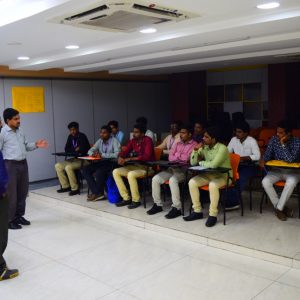
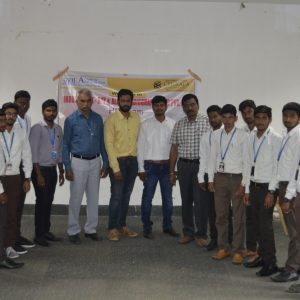
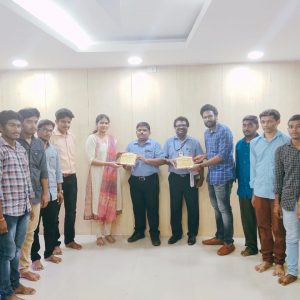
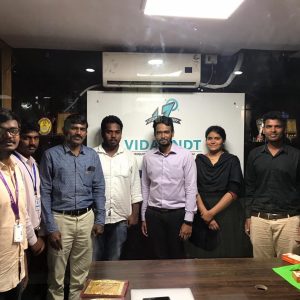

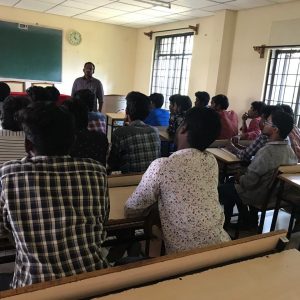
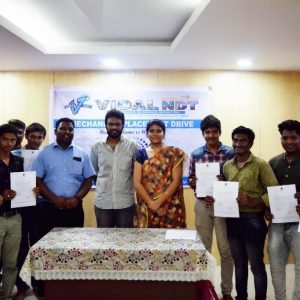

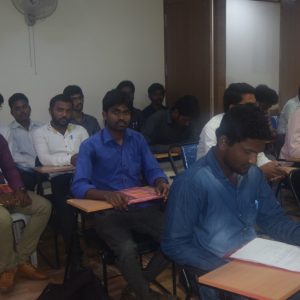
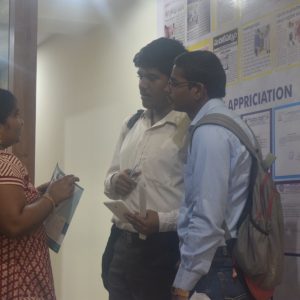
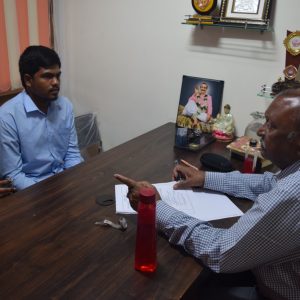
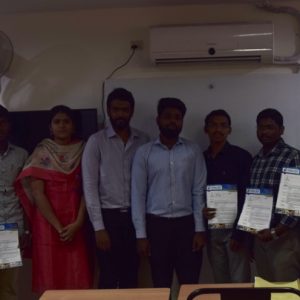
Our NDT Course Curriculums
- Introduction
- Principle
- Penetrants
- Types of penetrants
- Characteristics of good penetrants
- Properties of good penetrants
- Developer
- Properties of good penetrants
- Types of developers
- Procedure for liquid penetrant inspection (LPI)
- Interpretation of results
- False indication
- Penetrant testing methods
- Water washable method
- Post- emulsifiable method
- Solvent removable method
- Safety precaution required in LPI
- Advantages and limitations of LPI
- Applications
- Introduction
- Principles of MPI
- Basic physics of magnetism
- Polarity
- Magnetic force
- Magnetic field
- Permeability
- Flux density
- Magnetizing force
- Retentivity
- Hysteresis loop
- Residual magnetism
- Types of residual magnetism
- Reduction of residual magnetism
- Methods of magnetization
- Magnetization technique
- Head shot technique
- Coil shot technique
- Central conductor technique
- Magnetization using magnets
- Magnetization using yoke
- Direct method of magnetization
- Indirect method of magnetization
- Continuous testing of MPI
- Advantages and limitations of different liquid
- Residual techniques of MPI
- System sensitivity
- Checking devices in MPI
- Interpretations of MPI
- Indications
- False indications
- Non-relevant indications
- Relevant indications
- Advantages of MPI
- Limitations of MPI
- Introduction
- Ultrasonic waves
- Principle
- Modes of wave propagation
- Transverse waves
- Longitudinal waves
- Surface waves
- Lamb waves
- Terminologies used in ultrasonic testing
- Mode conversion in ultrasonic
- Ultrasonic testing techniques
- Transmission method
- Pulse-echo method
- Types of testing techniques
- Contact testing techniques
- Immersion testing techniques
- Dual crystal testing technique
- Straight beam testing technique
- Angle beam testing technique
- Resonance testing technique
- Ultrasonic transducers
- Piezo-electric transducers
- Polyvinylidene fluoride transducers
- Electro-magnetic acoustic transducers
- Laser generated acoustic transducers
- Instructions used in ultrasonic testing
- Reference block with artificially created defects
- Calibration of equipment’s
- Modes of display
- Time of flight diffraction (TOFD)
- Advantages of ultrasonic inspection
- Limitations of ultrasonic testing
- Applications of ultrasonic testing
- Important standards related to ultrasonic testing
- Acoustic emission testing (AET)
- Principle
- Acoustic emission parameters
- Instrumentation for AET signals
- Applications
- Introduction
- Principle
- Electromagnetic radiation sources
- X-ray source
- High energy x-ray source
- Gamma ray source
- Inverse square law
- Properties of x-ray and gamma rays
- Inspection techniques in radiography
- Single wall single image (SWSI) technique
- Double wall single image (DWSI) technique
- Double wall double image (DWDI) technique
- Real time radiography
- Arrangement and working principle
- Advantages of real time radiography
- Disadvantages of real time radiography
- Applications of real time radiography
- Comparison of x-ray and fluoroscopy radiography
- Films used in industrial radiography
- Safety aspects required in radiography
- Advantages of radiography testing
- Disadvantages of radiography testing
- Applications of radiography testing
- Introduction
- Types of film
- Speed of the film
- Quality of the film
- Screens used in radiography
- Quality of a good radiography
- Controlling radiographic quality
- Film processing
- Interpretation of radiographs
- Interpretation of welding radiographs
- Evaluation of test results
Who can enrol in NDT Course Hyderabad?

Under Graduates

Graduates

Non-programmers

Working professionals
Our NDT Course Recruiters
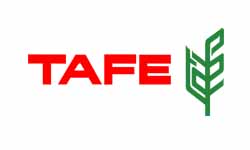
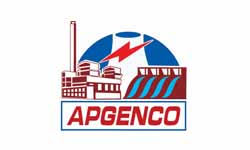
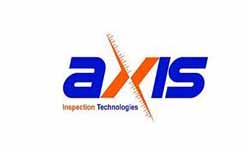


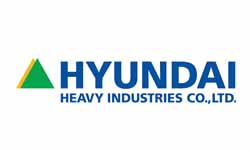


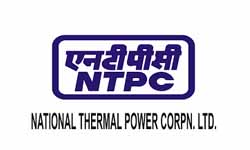
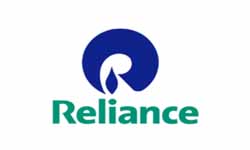


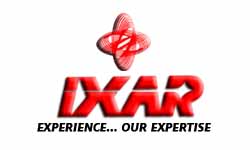
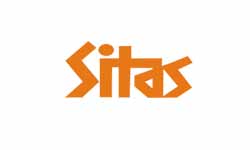




































Unlock the Door to Your Dream Career
Frequently Asked Questions
Our NDT program provides students with the knowledge and skills necessary to become an NDT inspector or manager. The program covers a range of non-destructive testing techniques used in various industries, such as manufacturing, construction, and aerospace. The program also covers safety regulations, equipment usage, and quality control methods.
Anyone who is interested in a career in the NDT field can benefit from VIDAL INTERNATIONAL’s NDT Level 2 Training program. This program is especially useful for individuals who want to gain hands-on experience and learn from industry experts.
Our NDT program’s will take 45 days to complete.
We offer hands-on training in various non-destructive testing techniques, real-time examples, industrial visits, and in-house practical training that helps our students to succeed in the NDT field. The benefits of our NDT course that it helps you gain practical experience and allows you to learn from experienced trainers.
Basically, role of an NDT inspector or manager is to make sure the quality of the products or materials by performing various non-destructive testing techniques and their responsibilities are interpreting testing results, writing reports, complying with safety regulations, and ensuring that the products meet industry standards.
